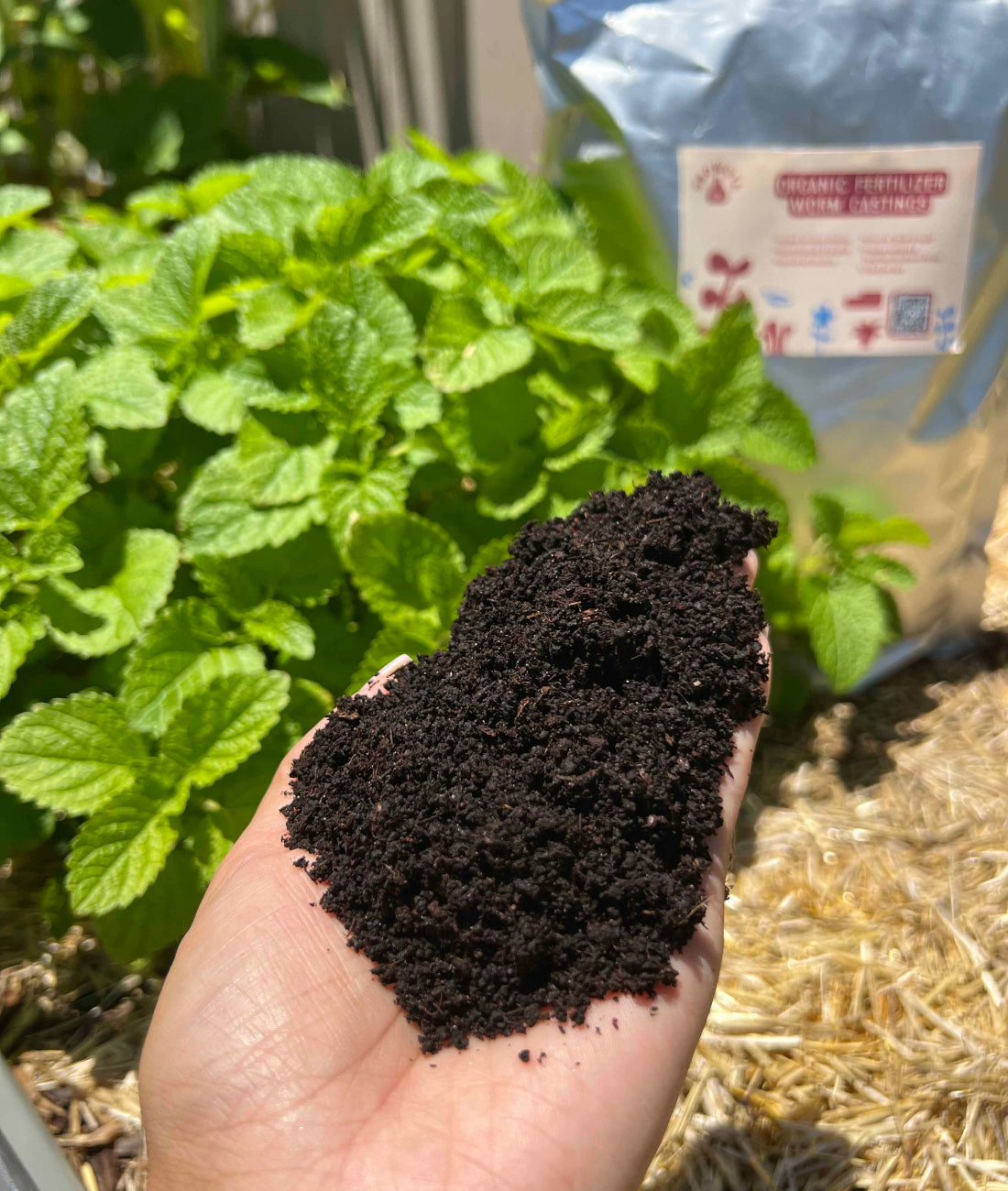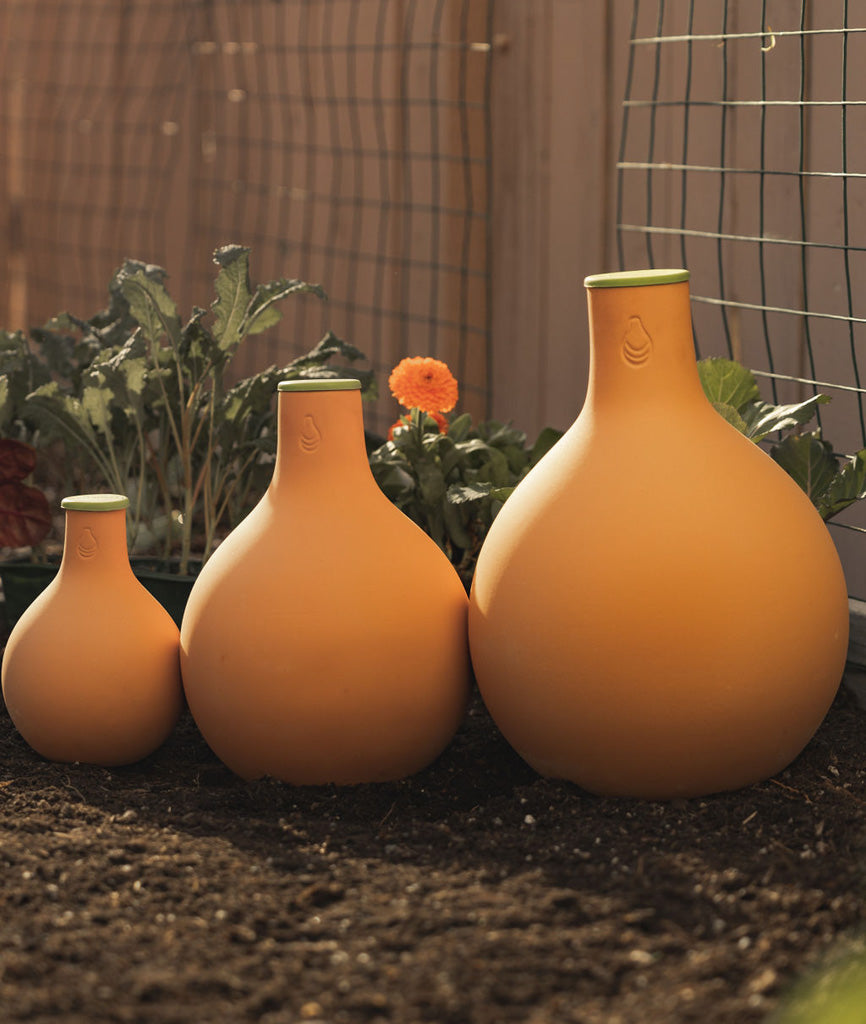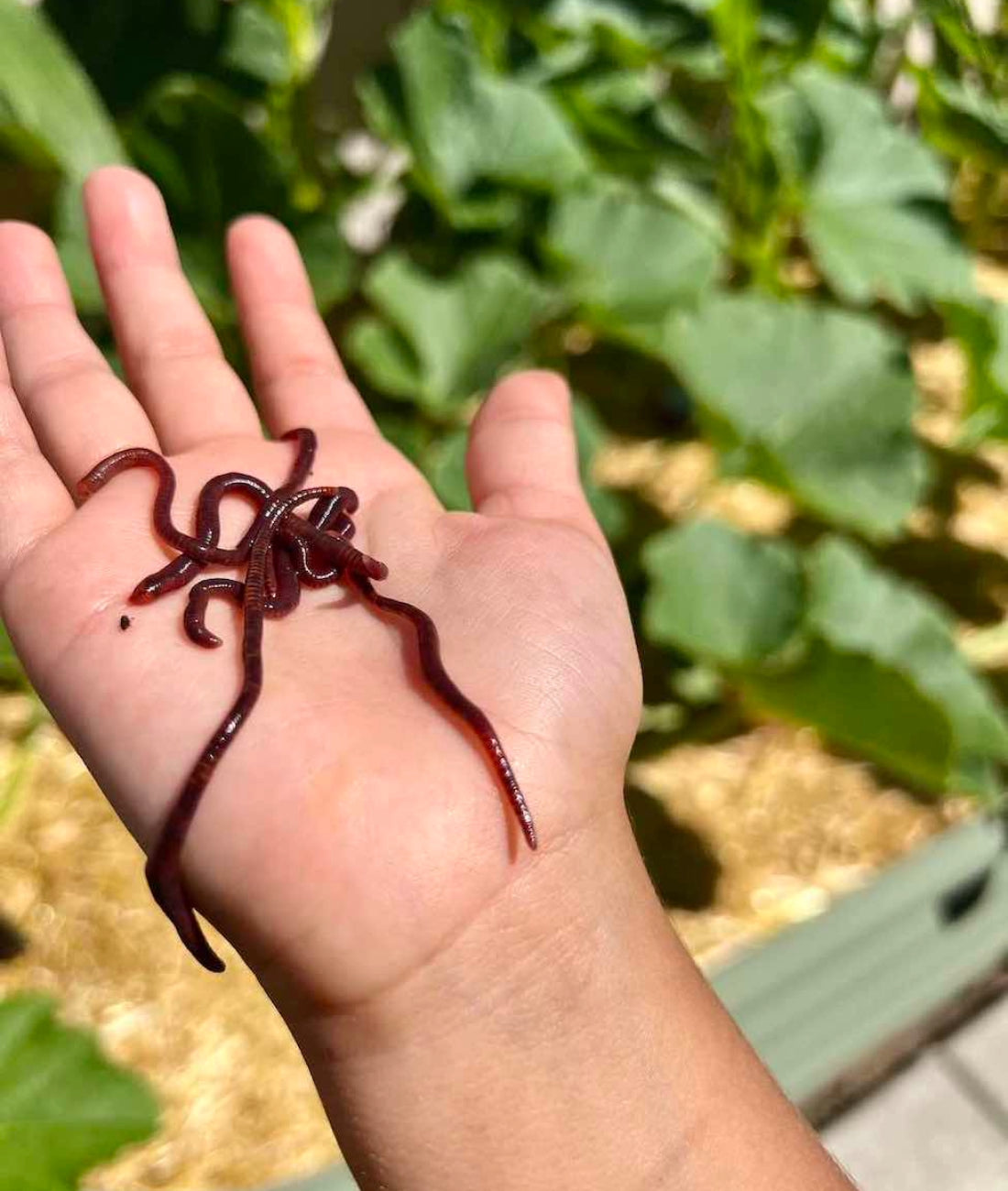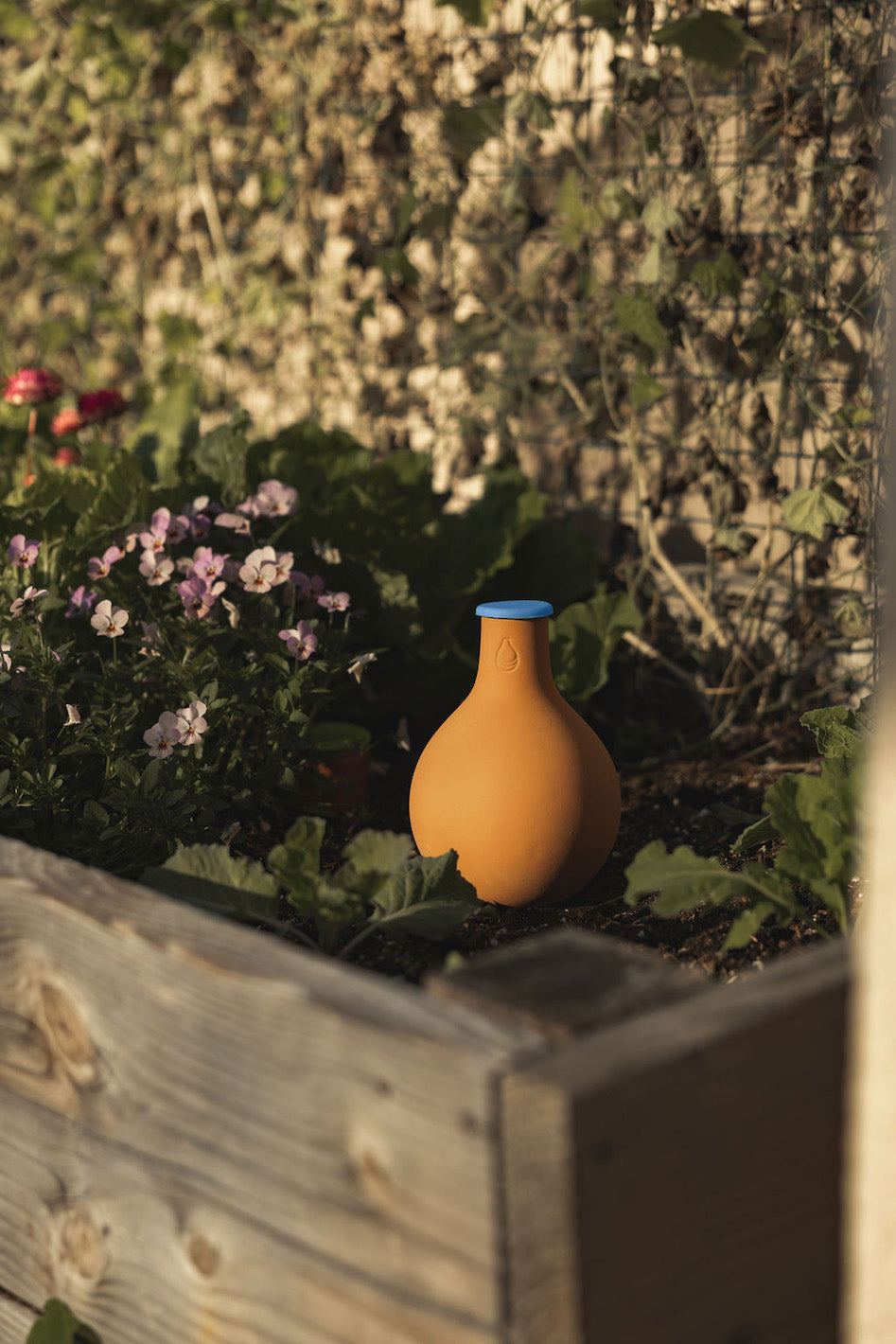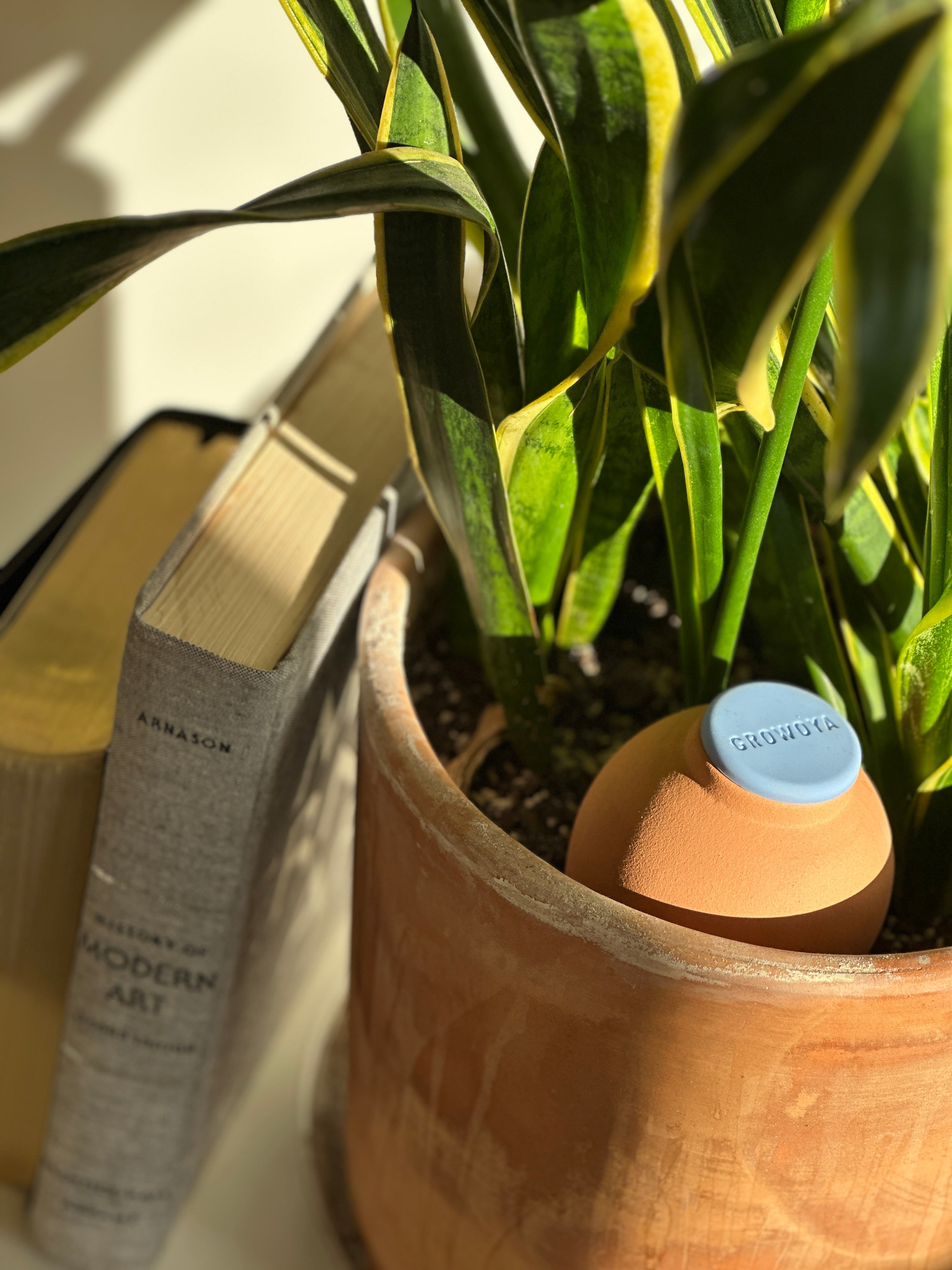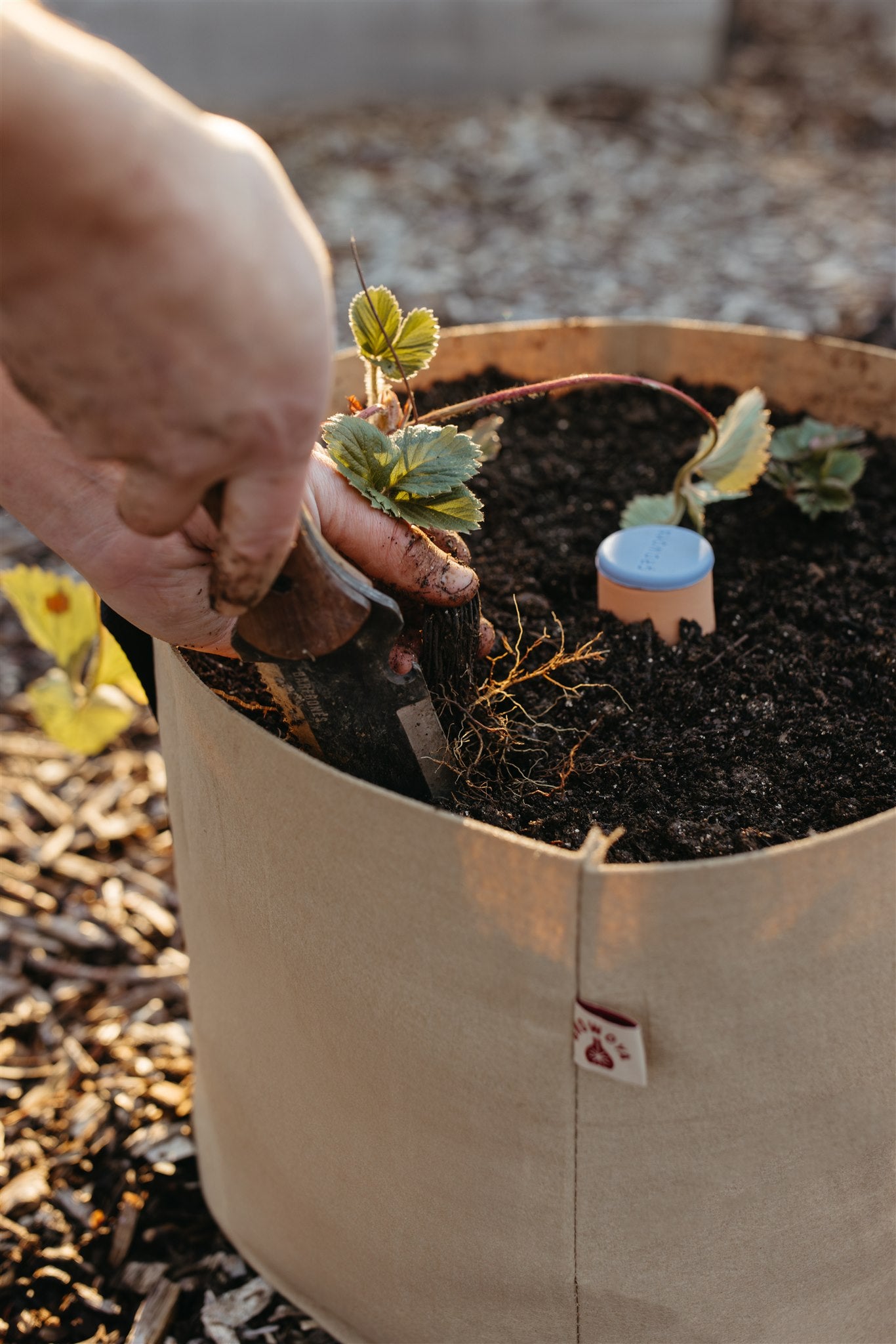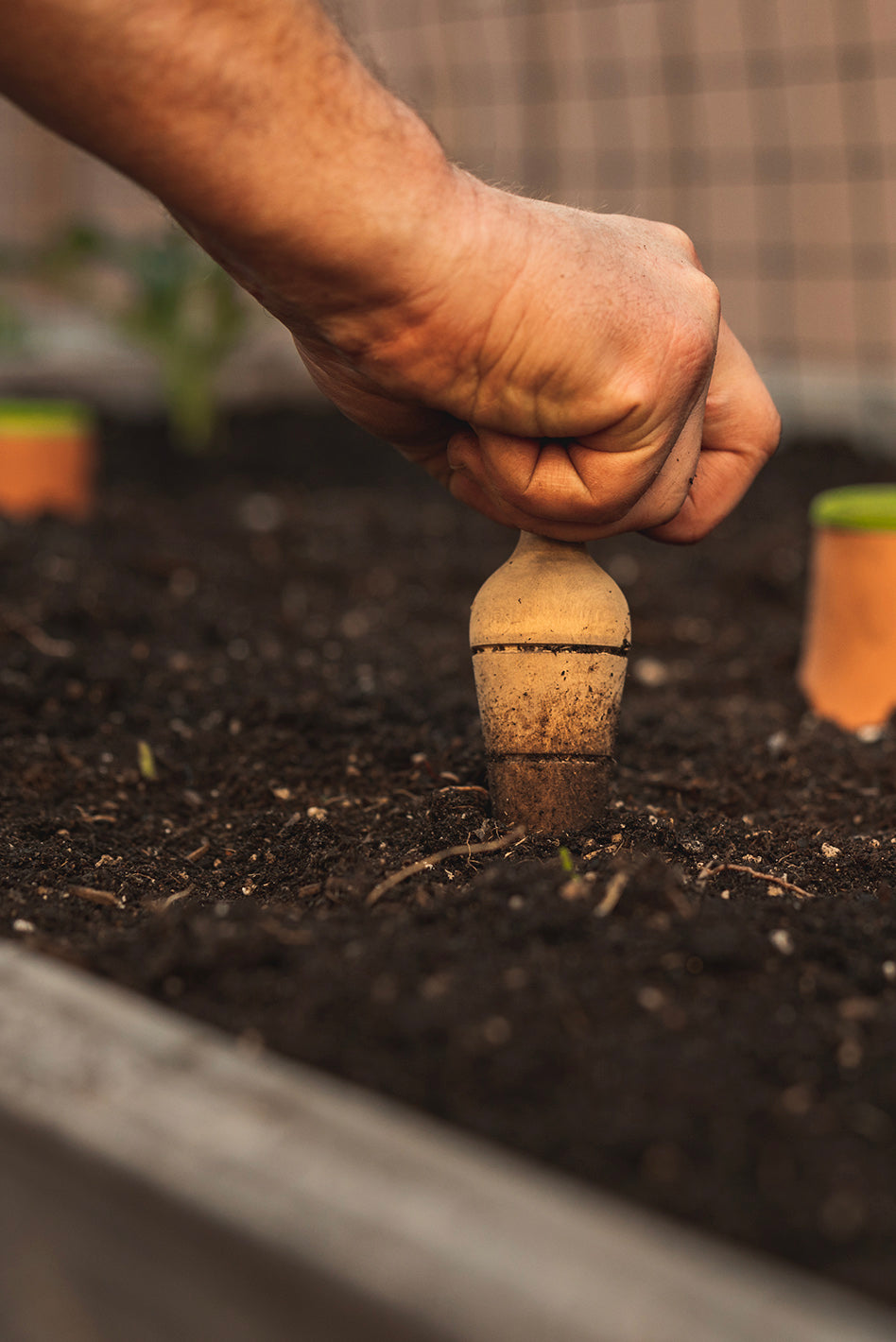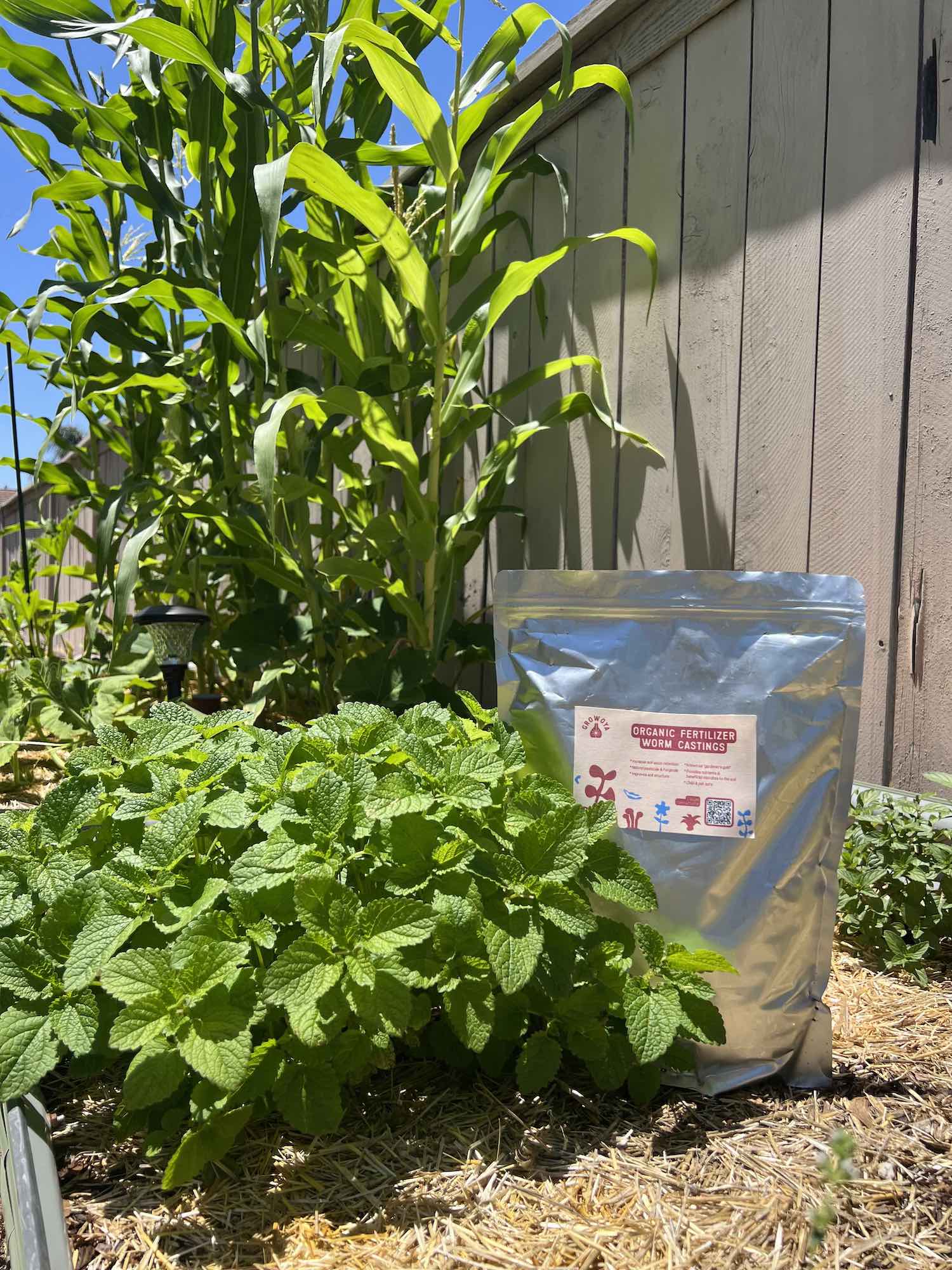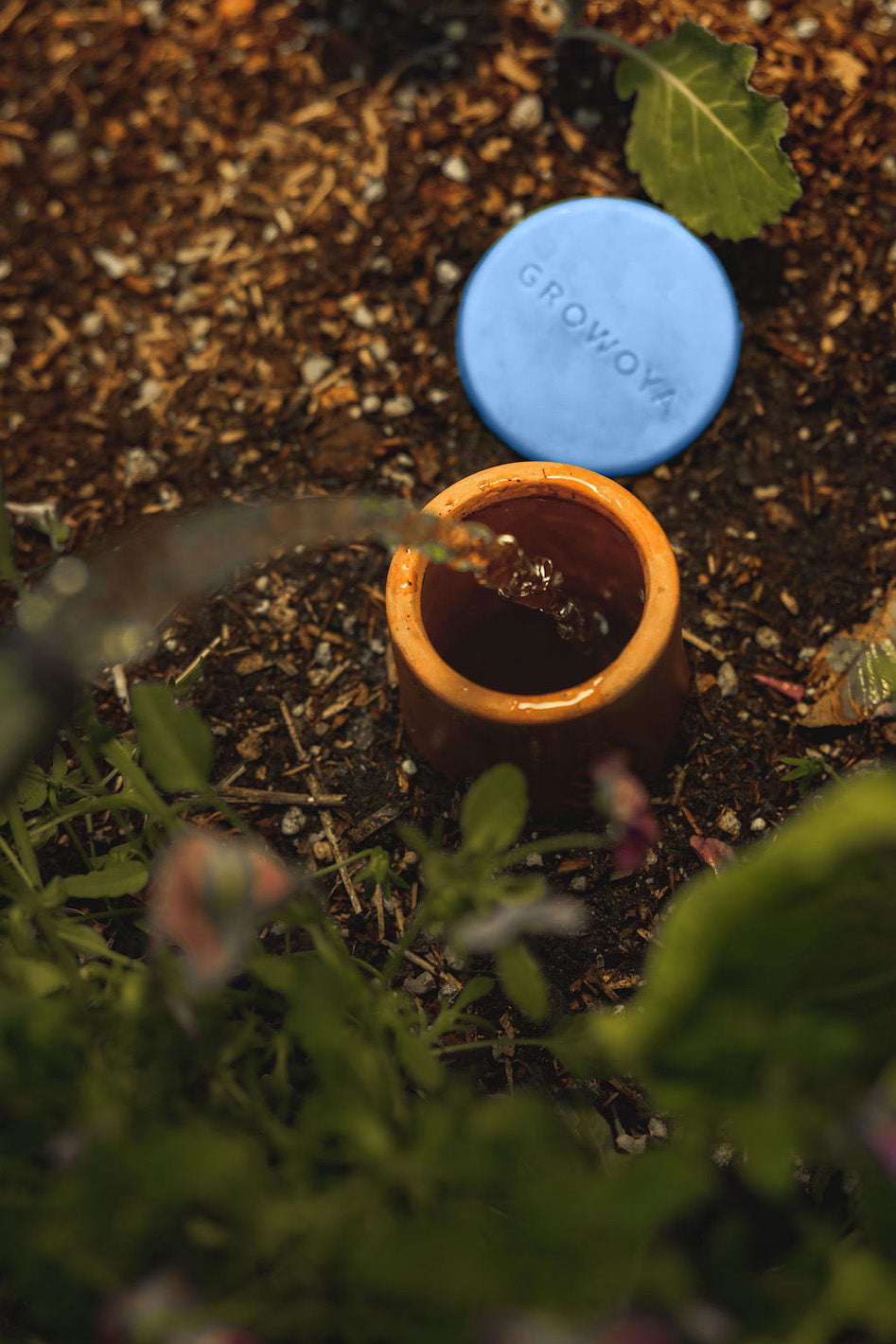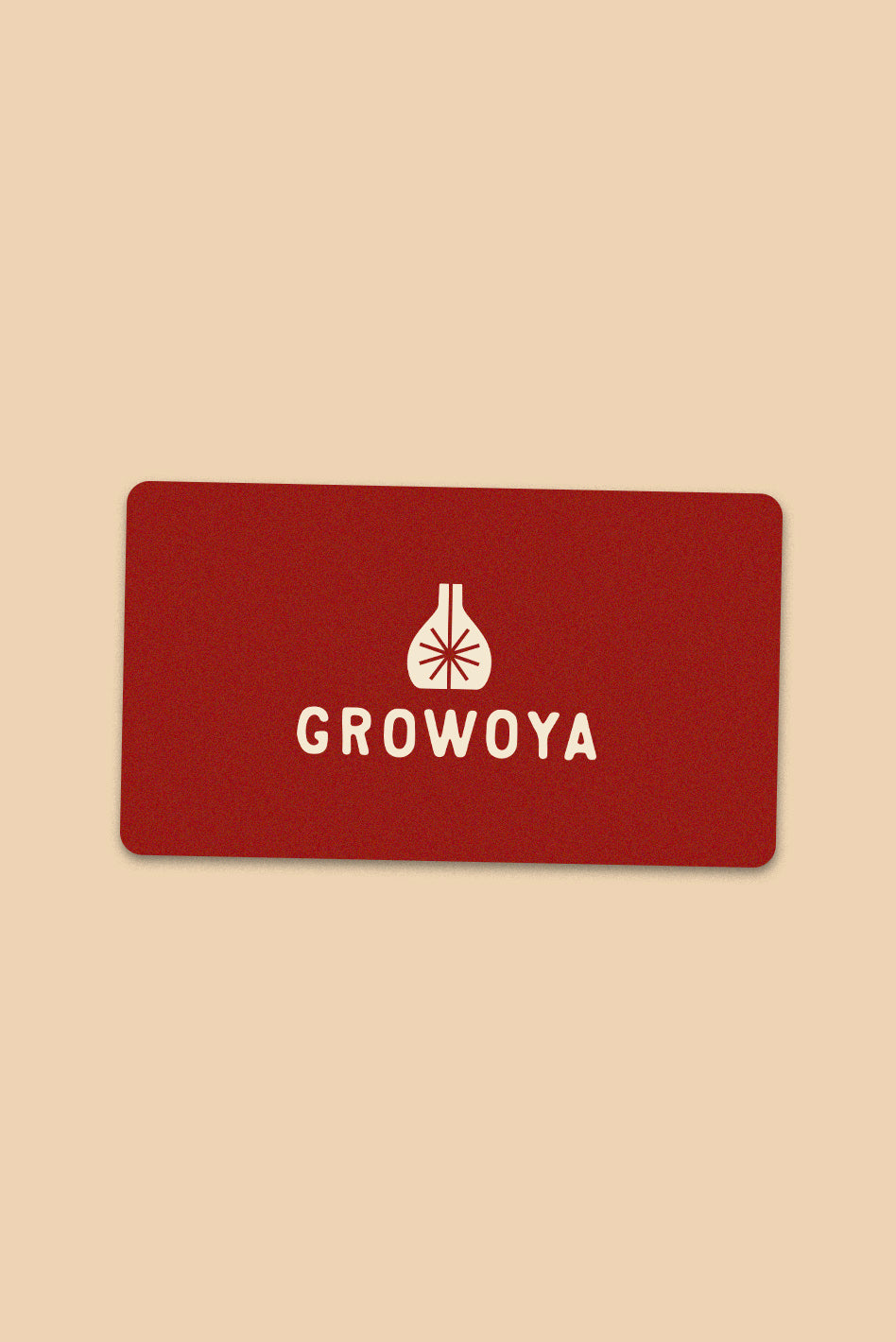Are you looking to take your vegetable garden - and environmental consciousness - to the next level? Then it's time to go green with organic fertilizers.
By swapping out traditional chemical-based nutrients for natural alternatives, you'll help reduce harmful chemicals in our ecosystem and see impressive improvements in soil quality, plant growth, and yield.
In this blog post, we'll dive into the benefits of natural organic fertilization and how you can start growing a more eco-friendly patch of veggies that will nourish both your body and the planet. We’ll share the different types of organic fertilizers and how to apply them. First, let’s discuss some common questions about organic fertilizers.
Common Questions About Organic Fertilizers
Organic fertilizers are becoming increasingly popular among gardeners and farmers as they offer a number of benefits over traditional synthetic fertilizers. However, many people still need to learn about organic fertilizers and how they work. So, let’s address some of the most common questions about organic fertilizers.
Types of Organic Fertilizers
Organic fertilizers come in many different forms. Some are animal-based, such as manure, while others come from plants or minerals. Here are some of the most common types of organic fertilizers:
Tips for Choosing an Organic Fertilizer
As the interest in organic and sustainable gardening practices continues to grow, so does the availability of organic fertilizer options. But with so many products on the market, as we’ve discussed, knowing which suits your garden can be challenging. Here are a few tips to help you choose an organic fertilizer for your vegetable patch:
- Know Your Soil Type. The first step in choosing an organic fertilizer is to determine your soil type. This will help you select a product with the right mix of nutrients for your plants.
- Consider Your Gardening Goals. When selecting an organic fertilizer, it's important to consider what you hope to achieve with your garden. Are you looking to increase yields, improve plant health, or both? Choose a product that will help you reach your desired results.
- Read the Label Carefully. All fertilizers, organic or not, are required by law to have labels that list their ingredients and directions for use. Be sure to read these carefully before purchasing a product. This will ensure that you get what you expect and use the fertilizer correctly.
- Ask for Recommendations. If you're unsure which organic fertilizer is right for your garden, ask for recommendations. At Growoya, we are passionate gardeners and would be happy to help point you in the right direction. Reach out on social (Instagram, Facebook and TikTok) or email us at hello@growoya.com.
How to Apply and Use Natural Fertilizers in the Garden
Organic gardening is a great way to connect with nature and grow food. Applying natural fertilizers to your garden is one of the best ways to nourish your plants and promote healthy growth. Here are some tips on how to apply it in the garden:
- Choose the right fertilizer for your plants. Different plants have different fertilizer needs. Many different types of organic fertilizers are available, so research to find the best one for your plants.
- Apply fertilizer at the right time. Timing is essential when it comes to applying fertilizer. Make sure you apply it when it is most effective, such as before planting or during active growth periods.
- Use the right amount of fertilizer. Applying too much fertilizer can damage your plants, so follow the directions on the label carefully.
- Water regularly. Watering is essential for healthy plant growth, so make sure you keep up with watering even after you've applied fertilizer.
By following these tips, you can ensure your plants get the nutrients they need to thrive!
The Many Benefits of Using Organic Fertilizers
Organic fertilizers are made from natural materials and provide a range of benefits for your vegetable patch. They can improve soil structure, increase water retention and reduce compaction. They can also help to regulate pH levels and provide essential nutrients for plants.
They can benefit the environment and your plants by building healthy soils, conserving water and reducing pollution.
Organic fertilizers provide a wide range of benefits to your vegetable patch, creating a more fertile and sustainable environment. Whether you choose homemade or commercial products, organic fertilizers are the way forward for healthier plants and vegetables. Investing in organic fertilizer is an investment in nature and yourself, but remember that moderation is key – too much of any fertilizer can do more harm than good!

